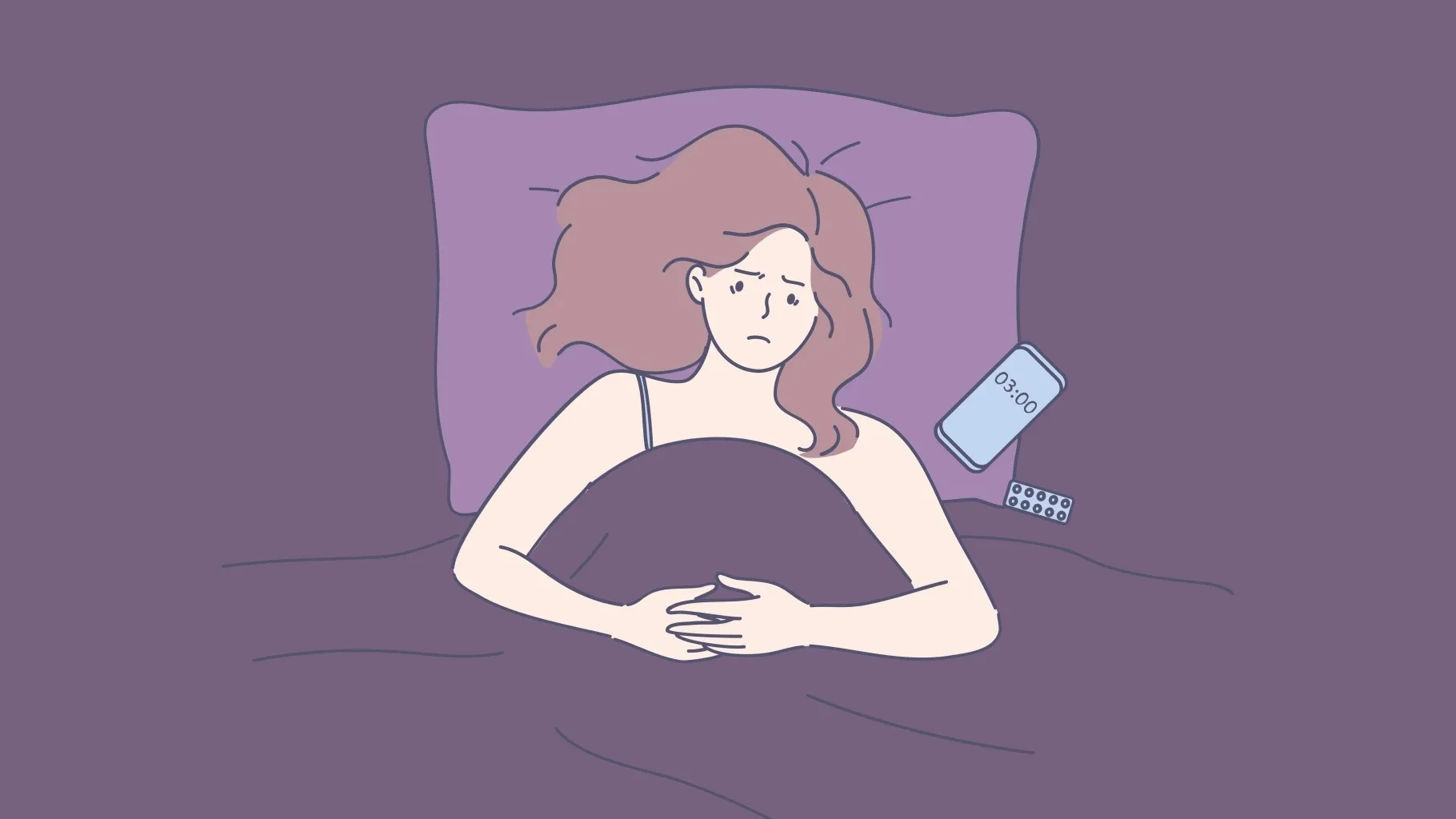Several studies relate the lack of hours of rest or sleep altered with lower glycemia control.
Drowsiness and bad sleep habits are associated with a lower quality of life and with a depressed mood.Recent research relates poor rest to less control of blood glucose levels and, therefore, a worse diabetes management.
There are several studies that have already suggested that resting well can help in the treatment of this condition and even in their prevention.The problem is that the disease itself carries problems to reconcile sleep: apnea or nocturnal hypoglycems are among the main reasons.
Somnolence could have a direct relationship with higher levels of blood glucose (blood glucose).These are the conclusions that researchers from the University of Arizona and the Harvard Medical School in Boston (USA).These effects are added to those already known that are related to lack of sleep: behavioral problems, a worse quality of life or depression, among others.
It is not the first time that both concepts are associated.Recent studies results indicated that diabetic rest lasted an average of six hours at night and that only 6% could sleep eight hours.71% had a poor sleep quality.
The study in question was carried out among young people from 10 to 16 years old, so, according to the results, scientists insist on the importance of routinely evaluating sleep quality as part of the treatment of type 1 diabetes, especially, in this population group.And not only because sleeping well benefits the handling of the disease, but because diabetes itself has trouble achieving a good rest during the night.The only way to break the vicious circle is to give value to the night rest, as well as follow an adequate diet.
diabetes and night rest
To avoid nocturnal hypoglycemia, it is possible that insulin treated patients need to take a snack before bedtime.Many diabetic patients suffer, associated with metabolic disease, other alterations that affect their quality of life.The most frequent is sleep apnea, especially in type 2 diabetes mellitus, which is closely linked to obesity.This irregular breathing with snoring at night translates into day fatigue.Weight loss is, to a large extent, the most effective treatment.Another habitual reason that prevents night rest is neuropathy and leg pain that it causes.
Night hypoglycemia also affects rest.People with diabetes treated with insulin have the greatest risk of suffering.Symptoms include: sudden awakening with an imminent death feeling, nightmares, night sweat or headache in the morning.Sometimes, the only symptom is a high fasting level of glycemia.In menopausal women, characteristic sweating can be confused with nocturnal hypoglycemia.
Not only because sleeping well benefits the management of the disease, but because diabetes itself has trouble achieving a good rest during the night
healthy diabetes habits
According to the results of the study, people who maintain regular schedules when they go to sleep could better control blood glucose.Specialists from the Joslin Diabetes Center, Center for Research and Clinical Care of Diabetes, indicate that there are indications that the exercise improves the quality and amount of sleep, although it must be done during certain hours.Also trying to reduce hypoglycemia while sleeping can ensure sleep quality.
However, practicing physical exercise and alcohol consumption just before bedtimecause glycemia drops.To avoid this unpleasant situation, it is possible that insulin -dependent patients need to take a snack before bedtime, be it a small snack or a glass of milk with a few cereals.If hypoglycemia are frequent, it is best to consult with the doctor about how to adjust insulin guidelines.


